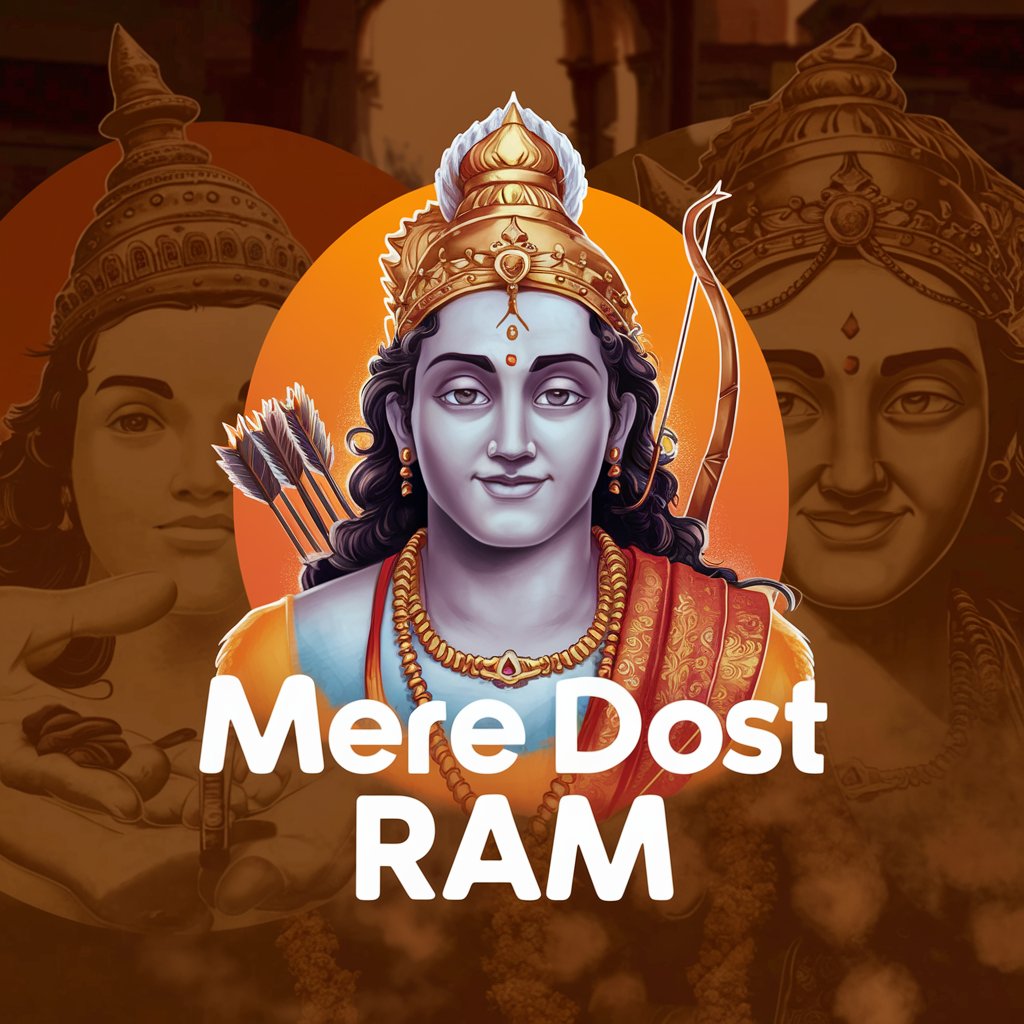5 GPTs for Cultural Navigation Powered by AI for Free of 2026
AI GPTs for Cultural Navigation are advanced tools designed to assist users in exploring and understanding diverse cultural landscapes through the power of Generative Pre-trained Transformers. These tools leverage AI to interpret, translate, and provide insights across languages, traditions, and cultural norms, making them invaluable for tasks requiring cultural sensitivity and knowledge. They are tailored to navigate the complexities of global cultures, offering personalized solutions for a wide array of cultural topics and challenges.
Top 5 GPTs for Cultural Navigation are: iTalk & uTravel,International Real Estate Assistant (Mexico),Shopping at supermarket in Japan,俄罗斯租房,Mere dost Ram
iTalk & uTravel
Your AI-powered travel and language assistant.

International Real Estate Assistant (Mexico)
Your AI-powered guide to Mexican real estate

Shopping at supermarket in Japan
Navigate Japanese supermarkets with AI-assisted language tools.

俄罗斯租房
Your AI-powered guide to renting in Russia

Mere dost Ram
Your AI-powered wise friend

Essential Characteristics and Functions
AI GPTs for Cultural Navigation boast a range of unique features tailored to the domain of cultural exploration. These include advanced language learning capabilities, enabling users to grasp nuances across different languages and dialects. Specialized functions such as technical support for cultural data analysis, web searching for culturally relevant information, and image creation tools for visual cultural representation are also key. Their adaptability ranges from providing basic cultural insights to conducting complex cultural research and analysis, making them versatile tools in the cultural navigation space.
Who Benefits from Cultural Navigation AIs
These tools are designed for a wide audience, from novices with a casual interest in cultural exploration to professionals and researchers in the field of cultural studies. They are accessible to users without coding skills, thanks to user-friendly interfaces, while also offering advanced customization options for developers and technical users. This inclusivity ensures that anyone looking to deepen their understanding of global cultures can find value in AI GPTs for Cultural Navigation.
Try Our other AI GPTs tools for Free
Pharmacology
Discover how AI GPTs for Pharmacology are transforming drug discovery and development with advanced AI, tailored for the pharmacological sector.
Information Aid
Discover how AI GPTs for Information Aid leverage advanced AI to provide accurate, contextually relevant information and support, making them an essential tool for anyone seeking reliable assistance.
Custom Interaction
Discover how AI GPTs for Custom Interaction can transform your engagement strategy with personalized, efficient, and intelligent solutions designed to meet unique communication needs.
Service Exchange
Discover how AI GPTs are revolutionizing the exchange of services with tailored automation, enhancing efficiency and user experience across various service contexts.
Goods Swap
Discover how AI GPTs are transforming the goods swap experience, making it more efficient, accessible, and enjoyable for everyone involved.
Virtual Engagement
Explore AI GPTs for Virtual Engagement: transformative tools designed to enhance digital interactions through personalized, AI-driven solutions tailored for diverse virtual environments.
Further Perspectives on Customized AI Solutions
AI GPTs for Cultural Navigation serve as customized solutions across various sectors, offering user-friendly interfaces and the flexibility to integrate with existing systems. Their adaptability and the depth of cultural understanding they provide make them indispensable tools for those looking to navigate the complexities of global cultures effectively.
Frequently Asked Questions
What exactly are AI GPTs for Cultural Navigation?
They are AI-powered tools designed to aid in understanding and engaging with different cultures through language learning, information retrieval, and analysis, tailored to the needs of users exploring cultural contexts.
How do these tools adapt to different cultural contexts?
Through advanced AI algorithms, they analyze and understand cultural nuances, adapting their outputs to reflect the complexities and subtleties of various cultural norms and values.
Can non-technical users easily navigate these tools?
Yes, these tools are designed with user-friendly interfaces that require no coding knowledge, making them accessible to a broad audience interested in cultural exploration.
What makes AI GPTs for Cultural Navigation unique?
Their ability to process and interpret cultural data, offer insights across languages and traditions, and provide tailored, context-aware information sets them apart.
Are there customization options for advanced users?
Absolutely. While accessible to novices, these tools also offer extensive customization options for users with programming skills, allowing for tailored cultural exploration experiences.
Can these tools assist in language learning?
Yes, they are equipped with language learning capabilities to help users understand and communicate across different languages and dialects, emphasizing cultural nuances.
How can AI GPTs for Cultural Navigation integrate with existing workflows?
These tools can be integrated into existing systems or workflows through APIs and customizable modules, enhancing cultural research and analysis capabilities without disrupting established processes.
What potential applications do these tools have in cultural studies?
They can be used for a wide range of applications, from conducting cultural research and analysis to enhancing cultural sensitivity in global business operations, education, and beyond.